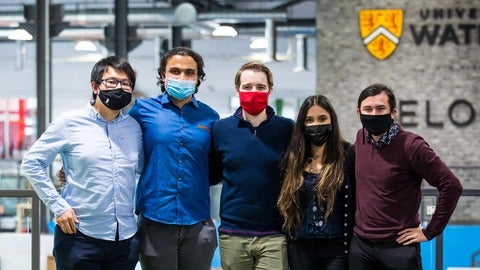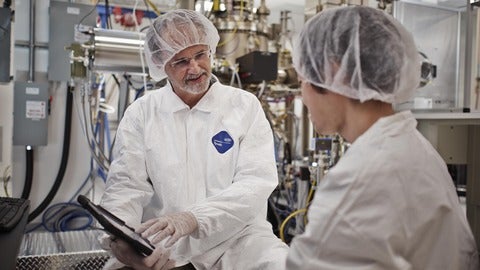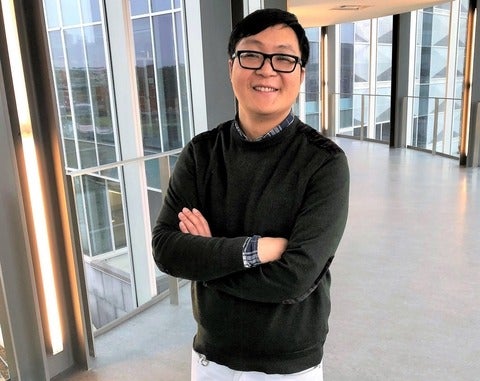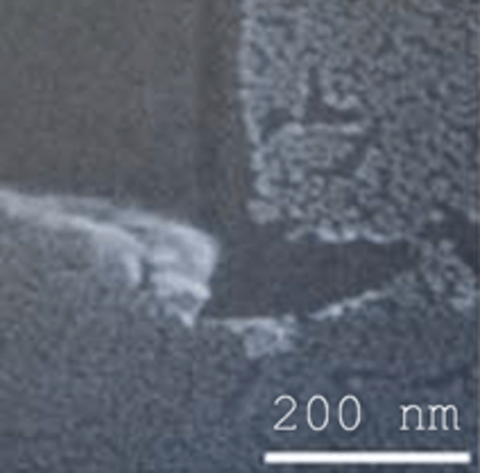Aiping Yu, a professor of chemical engineering, is one of six nation-wide recipients of 2020 E.W.R. Steacie Memorial Fellowships for highly promising researchers. Her selection was announced today by the Natural Sciences and Engineering Research Council of Canada. A virtual awards ceremony is scheduled for this afternoon.
The prestigious fellowships include $250,000 in research grants, and up to $90,000 a year to universities to free winners from teaching and administrative duties so they can concentrate on research full-time.










